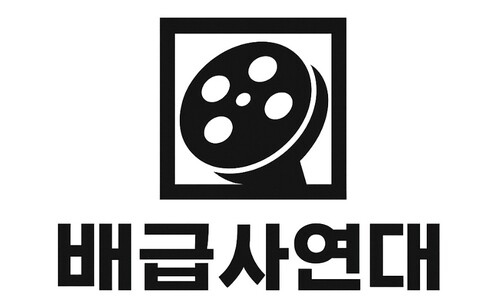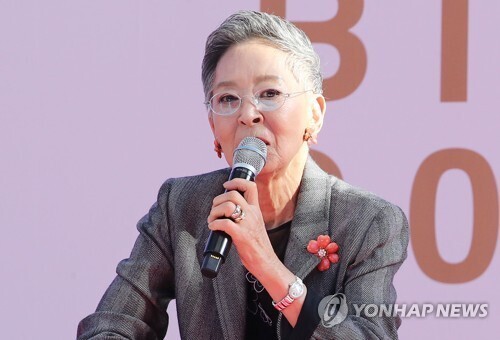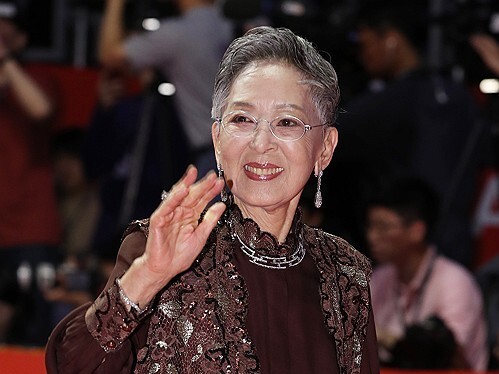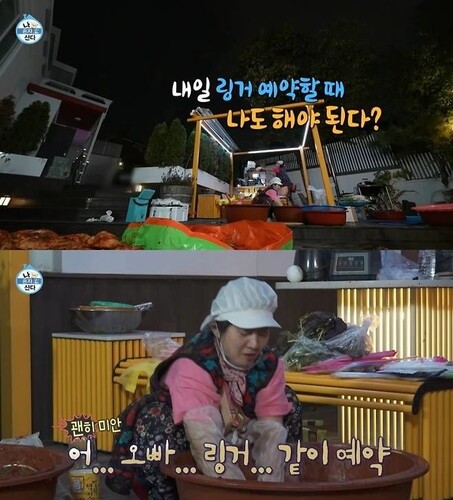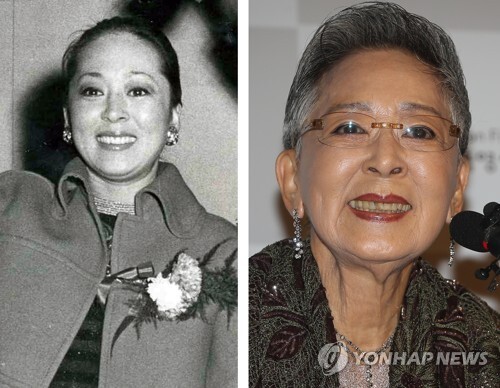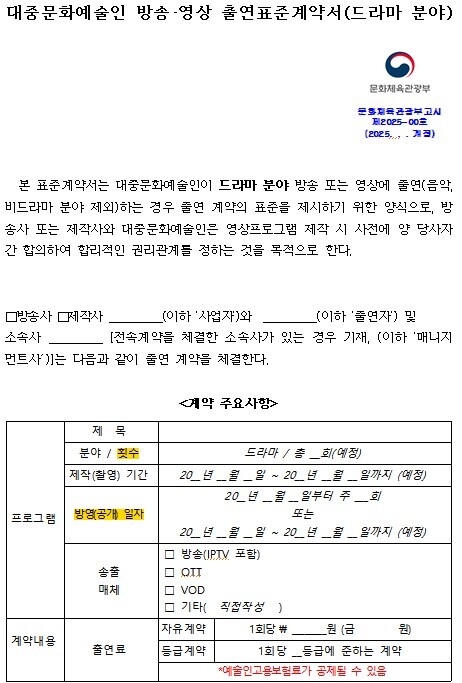 |
| ▲ This sample copy of the revised standard broadcasting contract is provided by the South Korean Ministry of Culture, Sports and Tourism (MCST). (PHOTO NOT FOR SALE) (Yonhap) |
SEOUL, July 31 (Yonhap) -- A revised standard broadcasting contract now ensures that performers are entitled to appearance fees even if their recorded footage is excluded from the final broadcast. The updated agreement also requires that all media platforms where the footage may air be pre-approved by both the producers and the performers.
The Ministry of Culture, Sports and Tourism (MCST) announced Thursday the promulgation of the newly revised Standard Contract for Appearances by Popular Culture Artists in Broadcasting. The standard contract is a government-recommended format intended to guide equitable agreements between parties in actual contract negotiations.
The key focus of the revision is a significant enhancement of performers' rights.
Under the new terms, performers who are filmed under a valid appearance contract must receive appropriate compensation, regardless of whether their footage makes it to air. Payment will be based on the act of filming itself, rather than on the final edited content that is broadcast.
The updated contract also puts an end to the common practice of blanket transfer of neighboring rights—where producers retain full rights to all recorded footage of the performer.
Going forward, broadcast producers and production companies must pre-negotiate with performers which platforms will be used to distribute the footage. If a new media platform emerges after the contract is signed, the producer must secure separate consent from the performer before using the footage there.
In addition, if unused or unreleased footage is later edited and released in a different form, performers must be compensated accordingly.
While the revision bolsters performer rights, it also eases some of the liabilities on broadcasters and heightens the responsibilities of management agencies. For instance, if a performer causes public controversy—such as due to school violence or privacy issues—the production company can claim damages.
Management agencies that hold exclusive contracts with performers will now be subject to clearer accountability. Any changes in exclusive contractual relationships must be formally reported.
The revised contract template is available for download from the websites of the Ministry of Culture, Sports and Tourism (www.mcst.go.kr) and the Korea Creative Content Agency (www.kocca.kr).
An official from the ministry stated, “This revision is meaningful in that it reduces actual disputes between artists and producers and helps foster a culture of mutual respect in contractual relations,” adding that the government will continue to monitor the implementation of the contract and work toward further improvements in contract practices.
(C) Yonhap News Agency. All Rights Reserved










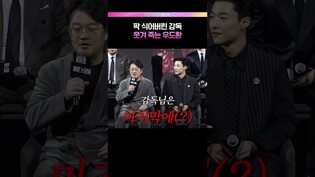

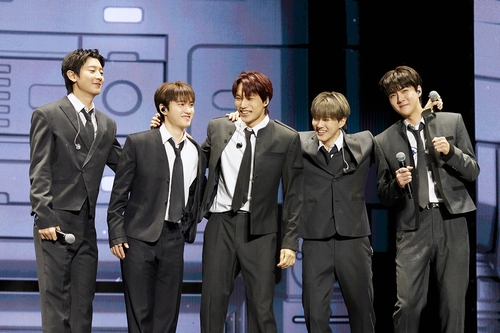
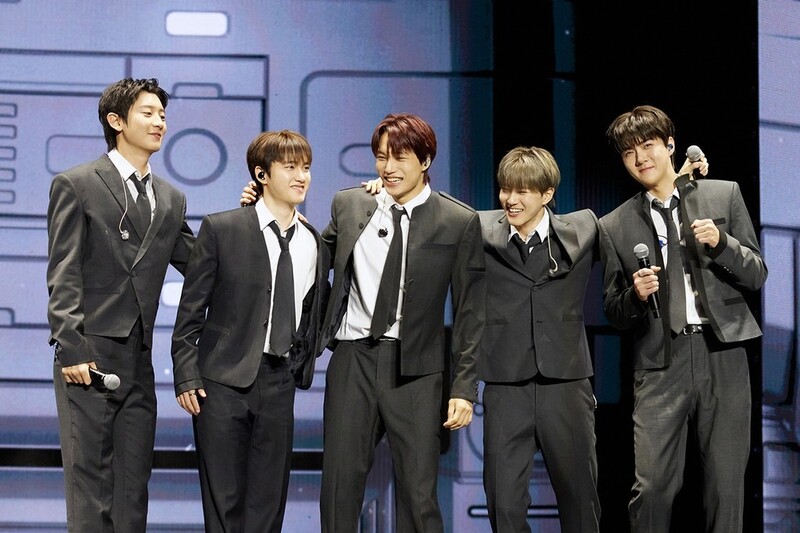
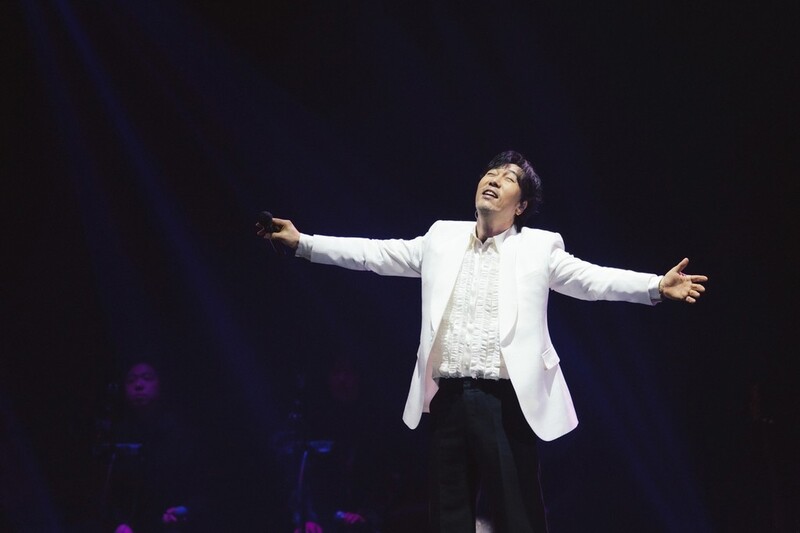
![[가요소식] 데이식스, 겨울 시즌송 '러빙 더 크리스마스' 발매](https://korean-vibe.com/news/data/20251215/yna1065624915955227_669.jpg)


